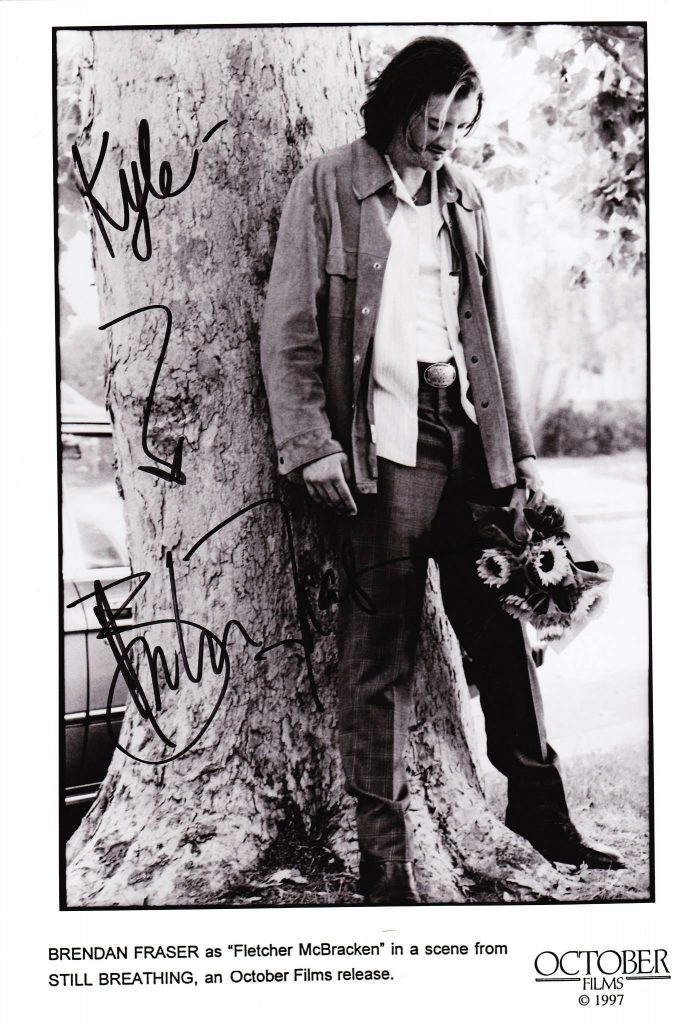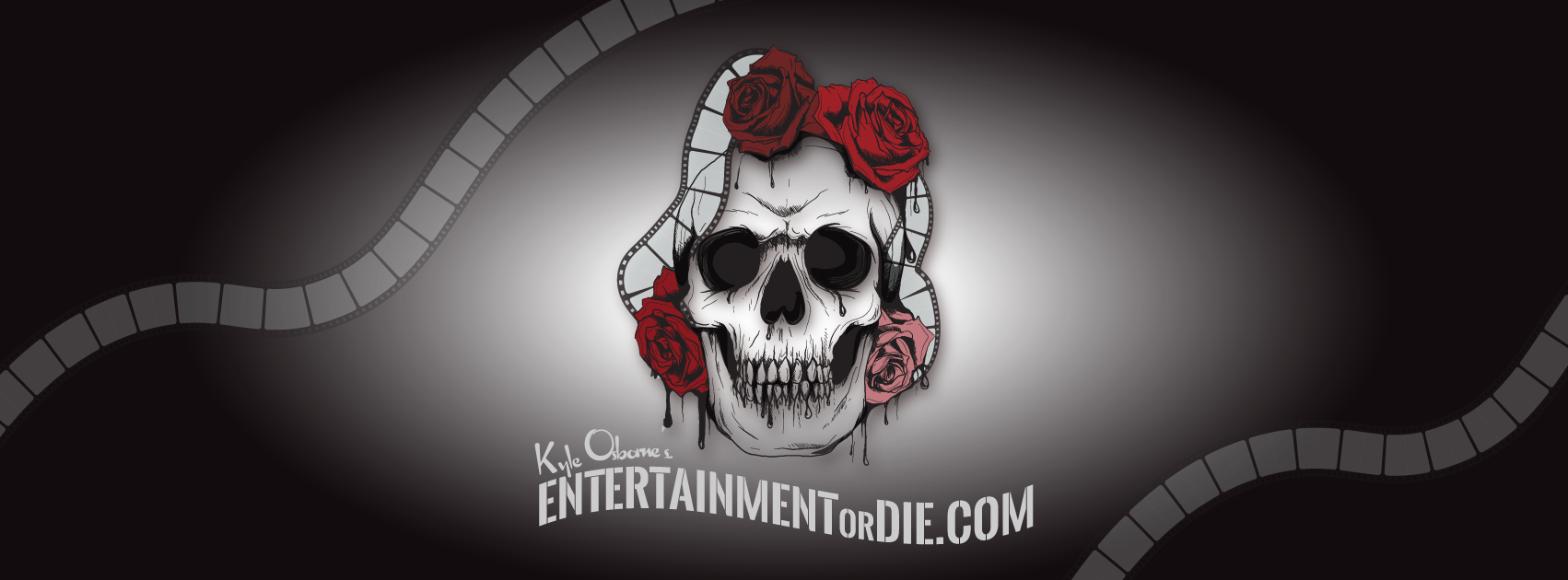Brendan Fraser’s career had been dumped by the side of the road, now he’s the leading contender for a Best Actor Oscar and it will be well deserved. So why are so many critics using phrases like “torture porn” and “fat phobic” to describe The Whale?
Don’t get me wrong, the film has a 67% approval rating on Rotten Tomatoes and has been praised by festival audiences from Venice to Toronto, including a rapturous ovation that lead Fraser to sob. But since when did critics start equating bleak subject matter with bad art?
Most frequently the jabs are about two topics:
- It’s too stagey, too confined to one setting, too much like a play. To which I reply: It IS a play. It’s a play that’s been adapted to the screen by the guy who friggin’ wrote it, agreeing with director Darren Aronofsky to “keep it in the room.” The isolated setting of a 600 pound man’s necessarily small quarters – like, physically, he can only go so far! Also, of course, it accentuates his lonely existence as a prisoner inside his own body.
- It’s fat-shaming, it judges a depressed and depressing character, and it’s so gloomy. To which I reply
Have you seen any of these beloved classics that have been deemed depressing? If you watch Schindler’s List are you prisoner-shaming the victims? If you watch 12 Years a Slave, are you a voyeur getting off on “torture porn?” No, no, no.
In times like these, I like to paraphrase my early hero, Roger Ebert, whose sentiment was that a great film is never depressing, regardless of the subject matter, because you are experiencing great filmmaking, acting, etc. Conversely, a bad film is always depressing, even if it’s meant to be a comedy.

So, I have buried the lede – The Whale, based on the play by Samuel D. Hunter is the story of Charlie (Fraser) a morbidly obese college English teacher who is housebound. He conducts his classes online with his laptop’s camera turned off so that his students only see a black square on their screens.
I’m going to be much more careful than some others about the rest of the story. But as Hunter has pointed out: much of the character is autobiographical involving his own Food addiction, homosexuality, religious background and his current antagonism toward all things religion.
In other words, this isn’t just a movie with a guy in a fat suit (which is beyond realistic), it’s about how this man came to lock himself away and why he is estranged from his daughter (Sadie Sink) and the reason why the decidedly unsentimental Liz (Hong Chau) visits him every day and looks after him a bit.
It’s also about a young “missionary” who is reluctantly let into Charlie’s home, and why he is allowed to return.
Is it depressing and bleak at times? Yes. Does it also have a sly sense of humor and a shot at redemption for the characters involved? Yes. Aronofsky, who has mixed results with me, at best, has worked the same empathetic magic he used to give Mickey Rourke professional redemption, and an Oscar nod, for The Wrestler.
As for Fraser – he isn’t showy or loud or “look at me” with his performance. He is angry at himself, he is human, and he is a feeling person whose shame and self-loathing sometimes get the best of him. Sometimes, not always. Charlie is a smart, self-aware character who doesn’t need anyone to tell him what he already knows.
It’s been kind of a meh year at the movies, but my two favorites, Aftersun and The Whale have something in common: they both wrecked me.
And I couldn’t be happier about that.
The Whale | 4 out of 4 Stars | rated R | Expanding to more theaters Dec 20th


From the Archives

You are spot on. Some critics just can’t wrap their heads around this film, due to a blurry and absurd bondage to political correctness. They completely miss the point. Or pretend to, anyway.
Thank you, Tom.